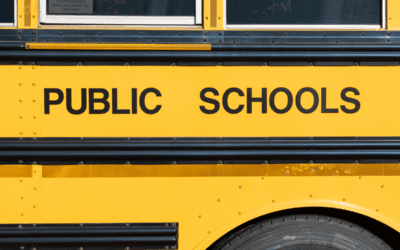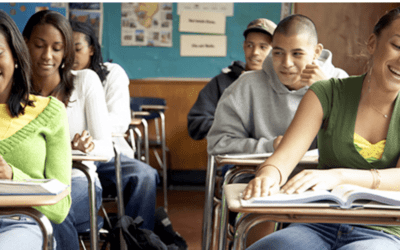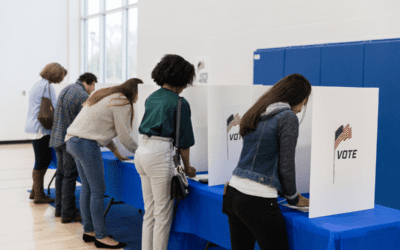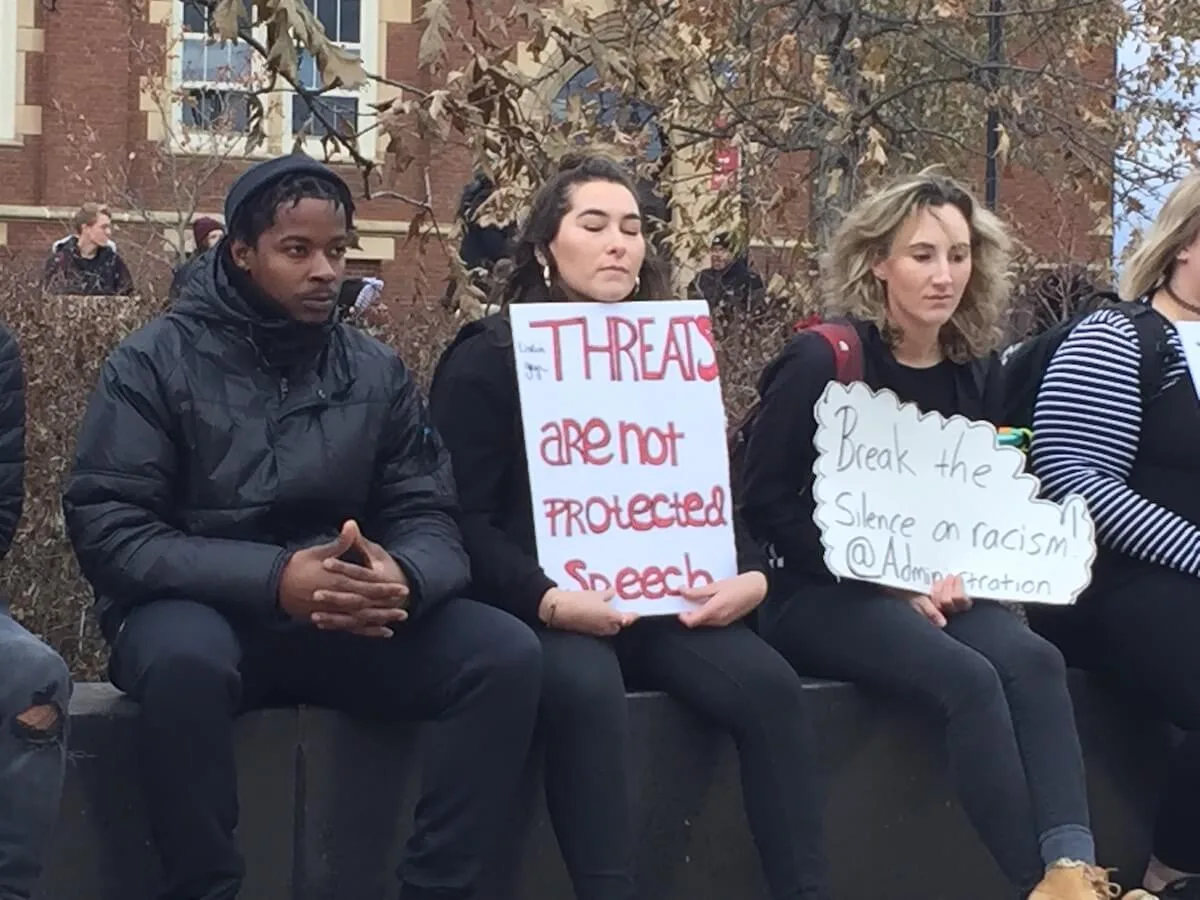
#image_title
Celebrating the past while shining a light on what needs to be done today
Each year for the past decade, in the months leading up to the the annual Martin Luther King, Jr. Day event in Eau Claire, Selika Ducksworth-Lawton has worked with others to plan the gathering of hundreds at St. James the Greater Church on the city’s west side.
The celebration of the acclaimed civil rights leader typically includes speeches, music, and school students reciting some of King’s most famous writings.
While this year’s program, which occurs Monday, will include those facets, it will be different too, Ducksworth-Lawton said, a direct response to a climate in which a growing number of openly racist incidents are occurring across the U.S., Wisconsin and in the city of 70,000 in the west-central part of this state she calls home.
“This year people are looking for the King program to give them guidance, to offer them a way to get involved, to take action,” said Ducksworth-Lawton, an African-American professor of history and women’s, gender and sexuality studies at UW-Eau Claire. “We are moving from being celebratory to being a teaching moment, to being a more practical movement.”
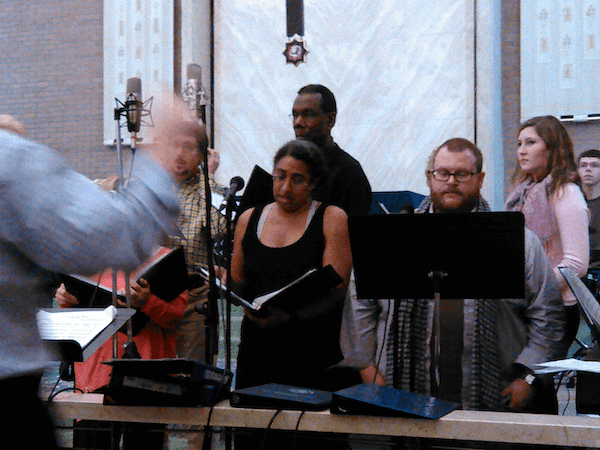
The national holiday honoring King for his work on civil rights and other issues has taken on added significance this year, activists and others who work on race-related issues across Wisconsin said, noting the number of racist acts and attitudes in their communities appear to have become more commonplace. Some of those incidents — such as a November 2018 prom photo in Baraboo depicting high school boys imitating a Nazi salute, or a Sun Priaire school district student dressing in blackface two months ago — have attracted media attention. Many other actions considered to be racist are less obvious but are occurring with increasing frequency, social rights activists said.
Racism in Eau Claire garnered national headlines last fall after two incidents at the university. In September a Native American student discovered a note on her dormitory room door that included a racial slur and the words “Go back to the rez.” On Nov. 20 five members of the university’s football team were suspended after they mocked the Black Male Empowerment student organization on the social media platform Snapchat in a series of communications, among them a picture of Ku Klux Klan members and a burning cross.
Those racist incidents and others locally, combined with such acts nationally as Latino children separated from their families at the U.S.-Mexico border, give this year’s MLK Day activities a heightened awareness, Ducksworth-Lawton said.
“People are concerned with what is going on in our city, our state, our nation,” she said. “They’re afraid that we’re headed in the wrong direction on racial issues, and they want to know what can be done to get this to a better place.”
Heather Dubois Bourenane, executive director of the nonprofit Wisconsin Public Education Network, said school administrators and teachers statewide report growing instances of student behavior deemed to be racist. Those actions include acts such as derogatory name-calling, she said, and have increased since the 2016 presidential election.
Racist attitudes “aren’t new,” Dubois Bourenane said, “but what is definitely new is the frequency and the vitriol of those kinds of comments, even in elementary schools.”
Madison school teacher and activist Leslie Amsterdam said she has noticed more racist comments and actions in recent years. Latent racism and off-color comments related to race are nothing new, she said, but in recent times more people “seem to feel empowered to be more overtly racist,” she said.
Amsterdam and others attribute some of those outwardly racist acts and attitudes to the policies, language and attitude of President Donald Trump. But those actions go beyond the current president, they said.
“A lot of people don’t want to recognize the degree to which we are racist,” Amsterdam said. “Those racist views have to be there before you can express them.”
Changing racist views is challenging given that those attitudes and humans have been intertwined historically, said George Stacy, District One legislator with the Ho-Chunk nation who lives in Black River Falls. Racist messages have become more common in recent years through social media, said Stacy, a member of the Ho-Chunk nation, “but racism has always been a part of life.” Recent state legislation making it a felony to protest on properties owned or leased by the oil and gas industry is another example of regulations harmful to native people, he said.
Racial incidents are prompting discussions about them, a fact Dubois Bournane and others said they view as positive. But in many instances, they said, people are afraid to speak out against racism for fear of a strong, angry response. For example, Dubois Bournane said, many educators have reported pushback from parents when they have discussed issues in class such as Black Lives Matter.
Jenny Van Sickle knows about pushback related to matters involving race. The Superior City Council she has been a member of since 2017 has refused to approve hosting a day to honor King and his work. Council members cited the cost of putting on an MLK Day event as a reason not to do it, Van Sickle said, rather than acknowledge that racial discussions are uncomfortable.
“It’s sad that we don’t have a day to recognize someone who did so much for so many,” Van Sickle said in reference to King. “He has a national holiday, but we as a city don’t recognize him.”
Van Sickle said she has experienced racism firsthand. As the only person of color on the 10-member council, she said she has been the target of racist comments. The most difficult of those, she said, occurred about a year ago, when a community member accused her of having faked her native background. Van Sickle said she is a member of the Athabaskan and Tlinget peoples in Alaska.
“I guess I’m not dark enough,” Van Sickle said of that experience. “It was such a jarring experience to have to justify who I am.”
Mireya Sigala has experienced racism too. As a Latina growing up in Barron County, she was called “taco” or “river jumper.” But over time, she said, she and other Latinos like her parents, who moved to Barron from Mexico in the 1970s to work at a local turkey processing plant, have been more accepted by the surrounding community.
Somalis who began arriving in Barron about 20 years ago have not been as fully embraced, said Sigala, an activist for various causes, in part because their religion and customs are markedly different from those of western Wisconsin. Despite the inroads Somalis and Latinos have made in Barron, they still face racism, she said.
“Change is scary to some people, and it leads to more racism,” she said.
Combatting racism, Sigala, Stacy and others said, must involve community conversations about the difficult topic. Such conversations will be difficult but are necessary, Stacy said, if our society is to improve race relations and move onto other important issues such as how to address climate change.
Sophia Flood Elyafi, a UW-Eau Claire student who is vice president of the campus African Student Organization, was among those who helped organize a protest that attracted several hundred students and others following the football team incident. She said she hopes the formation of a task force at the university to address racism there will prompt further discussion of race issues and ultimately lead to a more accepting society. And she is optimistic that through those efforts, King’s lessons can live on.
“I think now that students and faculty have seen that civil disobedience is powerful, they may feel more connected to his message,” Flood Elyafi said.
Ducksworth-Lawton said she is guardedly optimistic too, for improved racial relations at the university where she teaches and across America. Rather than avoiding the topic, continued, honest discussion about racism is necessary to better the situation, she said.
“We have to keep pushing for change, keep talking about it, keep letting people know the status quo isn’t good enough,” Ducksworth-Lawton said. “If we do that, we are carrying on Dr. King’s legacy.”

Opinion: Empowering educators: A call for negotiation rights in Wisconsin
This week marks “Public Schools Week,” highlighting the dedication of teachers, paras, custodians, secretaries and others who collaborate with...

Opinion: The Affordable Care Act saved my life and this is why we have to protect it
The day I turned 26, I didn't give the birthday much thought. It wasn’t a landmark birthday—until it became the birthday that changed my life. On my...

Not just abortion: IVF ruling next phase in the right’s war on reproductive freedom
Nearly two years after the US Supreme Court overturned Roe v. Wade, another court is using that ruling to go after one of the anti-abortion right’s...

Opinion: Students and educators need us now more than ever. This Public Schools Week, commit to celebrating and advocating for them all year long
In this op-ed, Tessa Maglio with Wisconsin Public Education Network highlights Public Schools Week and how to support our schools, educators, and...


